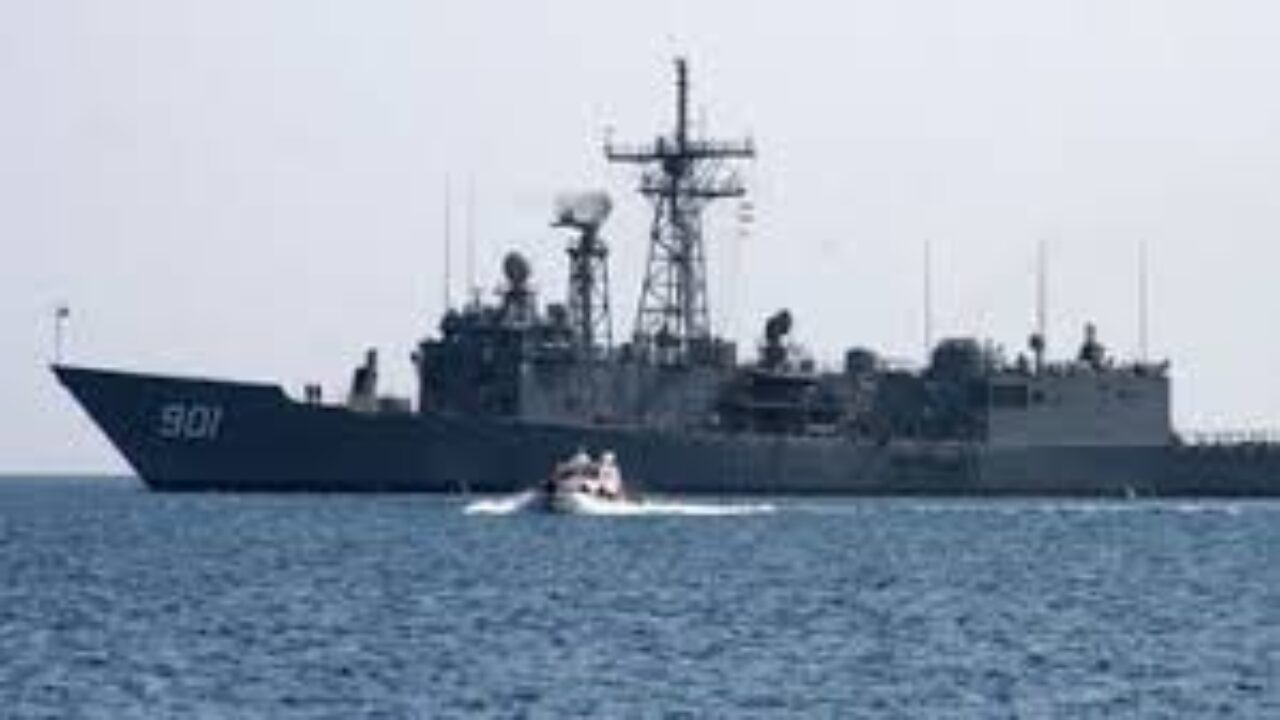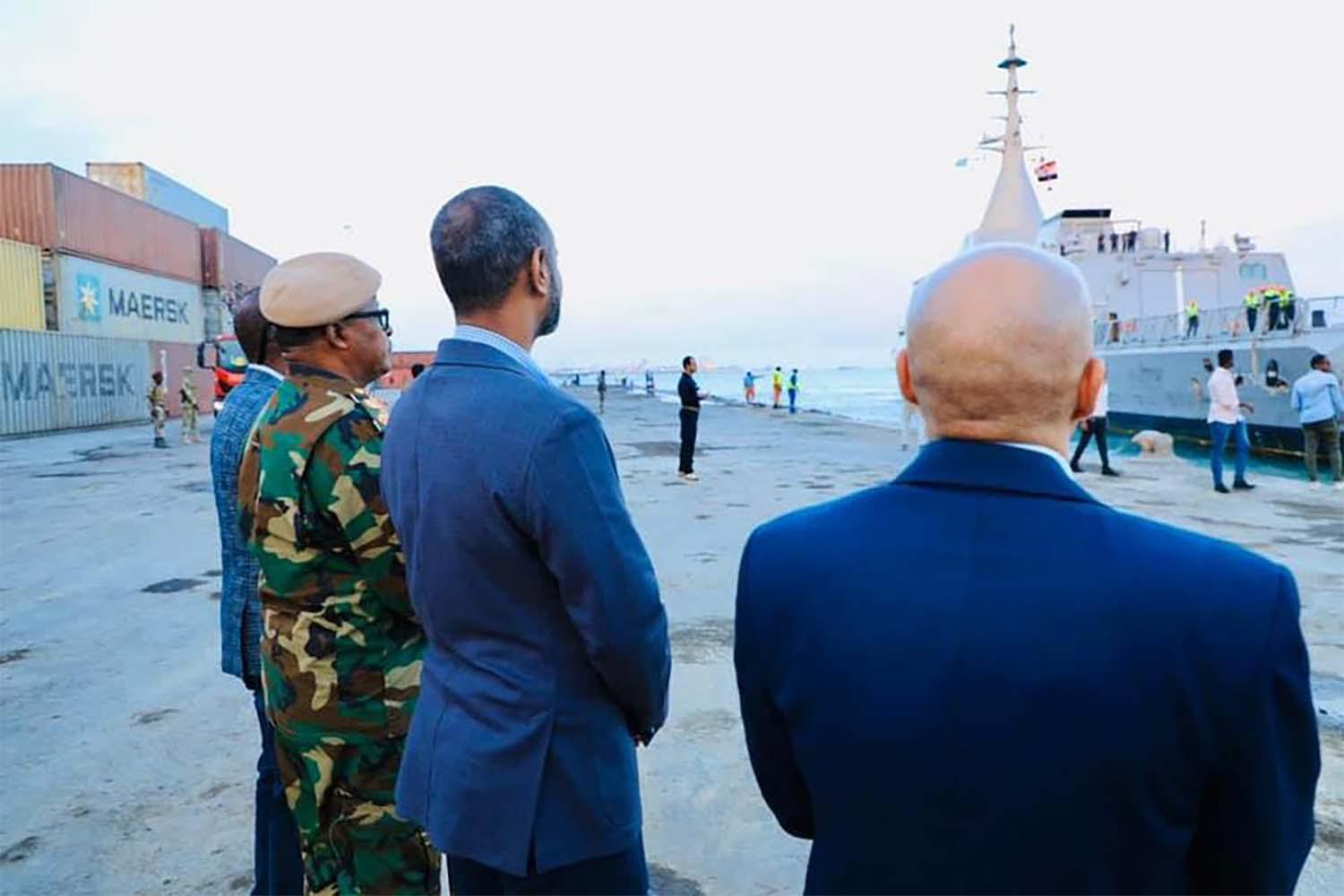The Horn of Africa, long a strategic crossroads for international powers, is witnessing new fault lines emerging between its key actors: Egypt, Somalia, and Ethiopia. Central to this shift is Egypt’s deepening military and political partnership with Somalia—a move that is heightening tensions in a region already rife with instability and long-standing conflicts. Ethiopia, once a dominant force in Somalia’s security architecture, now finds itself at odds with its former ally, raising questions about the future of the African Union’s peacekeeping mission and broader security concerns in the region.
Ethiopia’s Long-Standing Influence in Somalia
Ethiopia and Somalia share a complicated history of both cooperation and conflict. Ethiopia’s military involvement in Somalia stretches back decades, with Addis Ababa playing a pivotal role in stabilizing the Somali government after the collapse of the state in 1991. Ethiopia’s troops, part of the African Union’s peacekeeping mission (ATMIS), have been instrumental in containing the influence of the militant Islamist group al-Shabaab. The country’s longstanding investment in Somali security has been critical to the region’s stability, making Ethiopia a key ally in international efforts to combat terrorism.
However, the relationship between the two nations began to unravel earlier this year when Ethiopia signed a controversial agreement with Somaliland, a self-declared republic seeking independence from Somalia. The deal to lease part of Somaliland’s coast for a port angered Mogadishu, which views Somaliland as an integral part of its territory. This diplomatic fissure has only deepened, as Ethiopia’s geopolitical ambitions clashed with Somalia’s territorial claims and sovereignty.

Arms Shipments and Military Pacts
Egypt’s involvement in Somalia marks a significant shift in the Horn of Africa’s geopolitical landscape. Historically, Egypt’s primary concern in the region has been the Nile River, specifically the Grand Ethiopian Renaissance Dam (GERD), which Ethiopia began constructing in 2011. The dam has been a source of tension between Cairo and Addis Ababa, as Egypt depends heavily on the Nile for its freshwater needs and views the dam as a potential threat to its water security.
To counterbalance Ethiopia’s growing influence in the region, Egypt has sought new alliances, particularly with Somalia, which shares Cairo’s mistrust of Addis Ababa. In August 2024, the two nations signed a landmark security agreement, cementing their cooperation. Egypt has since delivered several shipments of military equipment to Mogadishu, including advanced weaponry such as anti-aircraft guns and artillery.
The latest shipment, delivered by an Egyptian warship, underscores the deepening ties between Cairo and Mogadishu. Somali Defense Minister Abdulkadir Mohamed Nur publicly thanked Egypt for its support, framing the arms deliveries as part of a broader strategy to assert Somalia’s sovereignty and resist external pressure, particularly from Ethiopia. While the Somali government is portraying this partnership as a means of bolstering national security, it raises concerns about escalating tensions in the region.
Regional Destabilization and Military Posturing
Unsurprisingly, Ethiopia has reacted with alarm to Egypt’s increasing military presence in Somalia. Addis Ababa has framed Egypt’s actions as destabilizing, accusing Cairo of exploiting Somalia’s internal divisions for its geopolitical gain. Ethiopian officials have pointed to Egypt’s long-standing rivalry with Ethiopia over the Nile as the underlying motivation for Cairo’s military support to Mogadishu.
Ethiopia’s fears are not without merit. Egypt has repeatedly voiced its opposition to the GERD and has sought to build alliances with other Nile Basin countries to isolate Ethiopia diplomatically. By strengthening ties with Somalia, Egypt is gaining a foothold in the Horn of Africa and is potentially positioning itself to influence regional conflicts, including the ongoing battle between Somalia’s central government and the breakaway region of Somaliland.
The Ethiopian government has hinted at potential countermeasures, including increasing its military presence in Somalia. Currently, Ethiopia has around 3,000 troops stationed in Somalia under ATMIS, but officials have suggested that these numbers could be bolstered if necessary. Ethiopia’s military posturing adds another layer of complexity to the region’s already volatile security landscape, raising the specter of direct conflict between these two regional powers.

A Wildcard in the Equation
At the heart of the growing tension between Somalia and Ethiopia is the question of Somaliland’s future. The region, which declared independence from Somalia in 1991, has been seeking international recognition for decades. Ethiopia’s decision to sign a port deal with Somaliland in early 2024 was seen by many as a de facto recognition of Somaliland’s sovereignty. For Somalia, this was an unacceptable violation of its territorial integrity, and the deal has been a major source of friction between the two nations.
Somaliland, for its part, has expressed concern about Egypt’s growing military support for Somalia. Officials in the self-declared republic fear that the influx of weapons could destabilize the region and lead to renewed fighting between Somaliland and forces loyal to Mogadishu. Somaliland has a functioning government and military, but it lacks the international recognition and resources that Somalia, backed by Egypt, can now potentially bring to bear.
Somaliland’s Foreign Affairs Ministry has issued statements cautioning that the weapons supplied by Egypt could fall into the wrong hands, including al-Shabaab militants who have long operated in Somalia. While there is no evidence that this has occurred, the possibility of arms diversion is a real concern in a region where militancy and insurgency remain potent threats.
A Regional Security Challenge
Amid these rising tensions, the threat posed by al-Shabaab looms large. The Islamist militant group, which has been waging an insurgency against the Somali government for over a decade, remains one of the most significant security threats in the Horn of Africa. While African Union forces and the Somali military have made significant gains against al-Shabaab in recent years, the group remains active in rural areas and continues to carry out high-profile attacks in Mogadishu and other major cities.
The influx of weapons into Somalia, whether from Egypt or other sources, raises the possibility of further destabilization. Al-Shabaab has demonstrated a capacity to seize military equipment from Somali forces and could potentially benefit from the new arms shipments. If the security situation deteriorates further, the group could exploit the chaos to regain lost territory and expand its operations.
Moreover, Ethiopia’s military presence in Somalia has been critical in containing al-Shabaab. Any significant withdrawal of Ethiopian troops, as Mogadishu has demanded, could create a security vacuum that the militants would be all too eager to fill. The prospect of a reduced Ethiopian presence, coupled with the uncertainties surrounding the African Union’s future role in Somalia, has raised alarm bells among security analysts.

The African Union and the Future of Peacekeeping in Somalia
The African Union Mission in Somalia (ATMIS), which has been in place since 2007, is set to undergo significant changes by the end of 2024. The mission’s mandate has been to support the Somali government in its fight against al-Shabaab and to stabilize the country, but its future is now in question. The Somali government has called for all foreign troops, including those from Ethiopia, to leave the country by the end of the year. At the same time, Egypt has offered to contribute its troops to a new peacekeeping mission, signaling its intention to play a more prominent role in the region’s security architecture.
The African Union has welcomed Egypt’s offer, but the prospect of Egyptian troops operating in Somalia is likely to be controversial. Ethiopia, in particular, would view such a deployment as a direct threat to its interests in the Horn of Africa. The inclusion of Egyptian forces in a new peacekeeping mission could further inflame tensions between Addis Ababa and Cairo and complicate efforts to maintain stability in Somalia.
For the African Union, balancing these competing interests will be a major challenge. The organization has long been the primary peacekeeping force in Somalia, and its withdrawal could have serious consequences for the country’s security. However, the introduction of Egyptian troops could undermine the AU’s neutrality and provoke further conflict between Somalia and Ethiopia.
The U.S., China, and the Gulf States in the Horn of Africa
The Horn of Africa’s strategic importance has not gone unnoticed by global powers. The United States, China, and Gulf states such as the UAE and Saudi Arabia have all been active in the region, pursuing their interests and forging alliances with local actors. The United States, which has long viewed Somalia as a front in the global fight against terrorism, has provided military and financial support to the Somali government and African Union forces. However, Washington’s influence in the region has waned in recent years, as China and Gulf states have expanded their presence.
China, in particular, has been investing heavily in infrastructure projects across the Horn of Africa, including ports, roads, and railways. Beijing’s economic diplomacy has given it a foothold in the region, and its influence is likely to grow in the coming years. For China, stability in the Horn of Africa is essential to safeguarding its investments and ensuring the security of its maritime trade routes through the Red Sea and Suez Canal.
The involvement of Gulf states adds another layer of complexity to the region’s geopolitics. The UAE and Saudi Arabia have been key players in the Yemen conflict, which has spilled over into the Horn of Africa. Both countries have established military bases in the region and have provided financial and military support to various actors, including the Somali government and Somaliland. As Egypt deepens its involvement in Somalia, it is likely to seek the backing of Gulf states, which share Cairo’s concerns about Ethiopian influence in the region.

The Road Ahead
The growing tensions between Egypt, Somalia, and Ethiopia represent a major challenge to the stability of the Horn of Africa. With the African Union’s peacekeeping mission in flux, the risk of conflict is high. Egypt’s increasing military support for Somalia, coupled with Ethiopia’s alarm over these developments, raises the specter of a new regional war that could draw in other players, including Somaliland, al-Shabaab, and global powers.
To avoid such a scenario, diplomatic efforts will be essential. The international community, particularly the United Nations and the African Union, must play a leading role in mediating the disputes between these three key players. Without concerted efforts to address the underlying tensions, the Horn of Africa risks becoming a flashpoint for a new round of regional conflict, with devastating consequences for its people.



